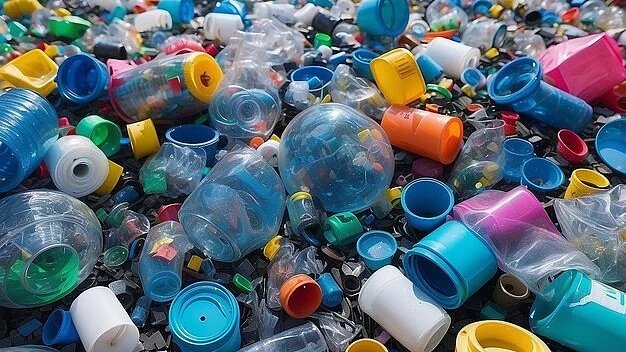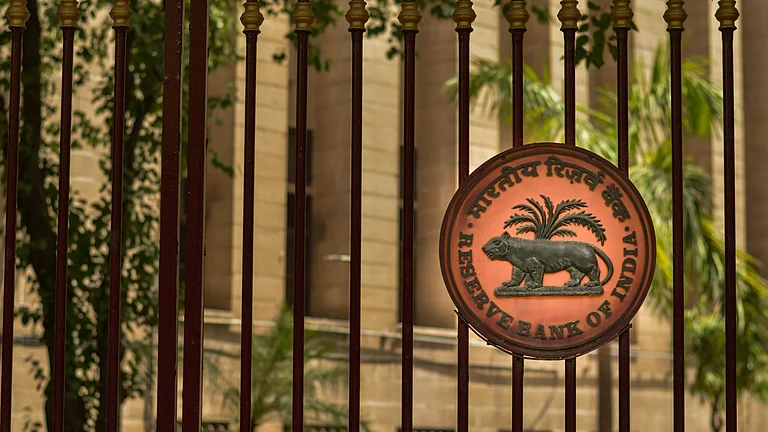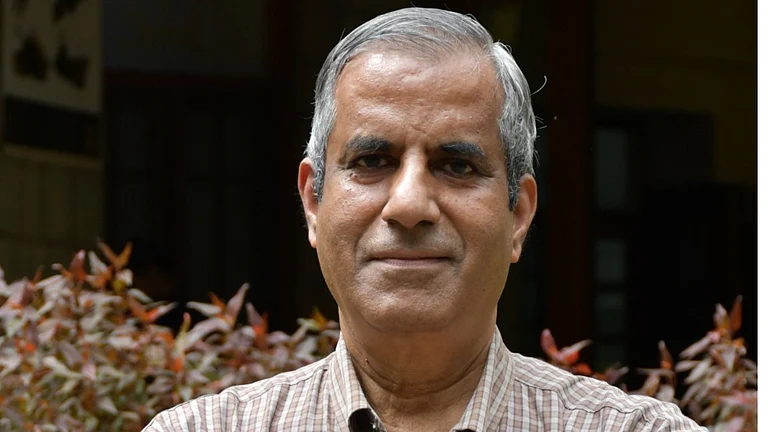The Intergovernmental Negotiating Committee (INC5) has released a draft text that is set to become a legally binding international instrument to curb plastic pollution. The negotiations in Busan, South Korea have highlighted divisions over several issues, including plastic production, the life cycle approach and the role of finance in addressing the crisis.
The draft text highlights that the treaty will likely contain 32 articles, covering critical areas such as objectives, principles, definitions and the management of plastic products and chemicals of concern. However, there remains no consensus on some significant points, as per Hindustan Times report.
The draft text includes the objective of the instrument as “The objective of this convention is to end plastic pollution, including in the marine environment, [based on a comprehensive approach that address the full life cycle of plastics,] in order to protect human health and the environment.” The bracketed phrase regarding the full life cycle of plastics—from production to waste—indicates a lack of agreement on whether the treaty will cover the entire lifecycle of plastics.
The definition of plastics in the draft is also contentious, with eight different options presented, with descriptions including “synthetic material containing a high polymer, insoluble and non-swellable in water” or “materials made of synthetic or semi-synthetic polymers which may contain additives or other chemicals”.
The treaty aims to address plastic pollution throughout its life cycle, categorising plastics by size into micro-, meso- and macro-debris. It also acknowledges the pollution caused by plastics at every stage, from production and use to waste management and leakage, whether from legal or illegal sources.
Despite the contentious issues, some positive developments have emerged in the negotiations, though they remain inside brackets in the draft. These include potential binding agreements on certain chemicals and plastic production limits, as well as funding mechanisms to improve waste management, recycling and trash collection systems.
The final round of UN-brokered talks in Busan has revealed a deep divide over the need to address and eliminate plastic pollution. The rift centers on whether to impose binding limits on chemicals and plastic production or focus on funding for better waste management infrastructure. This divide threatens to put an end to the two-year effort to finalise a global deal.































